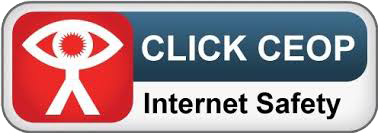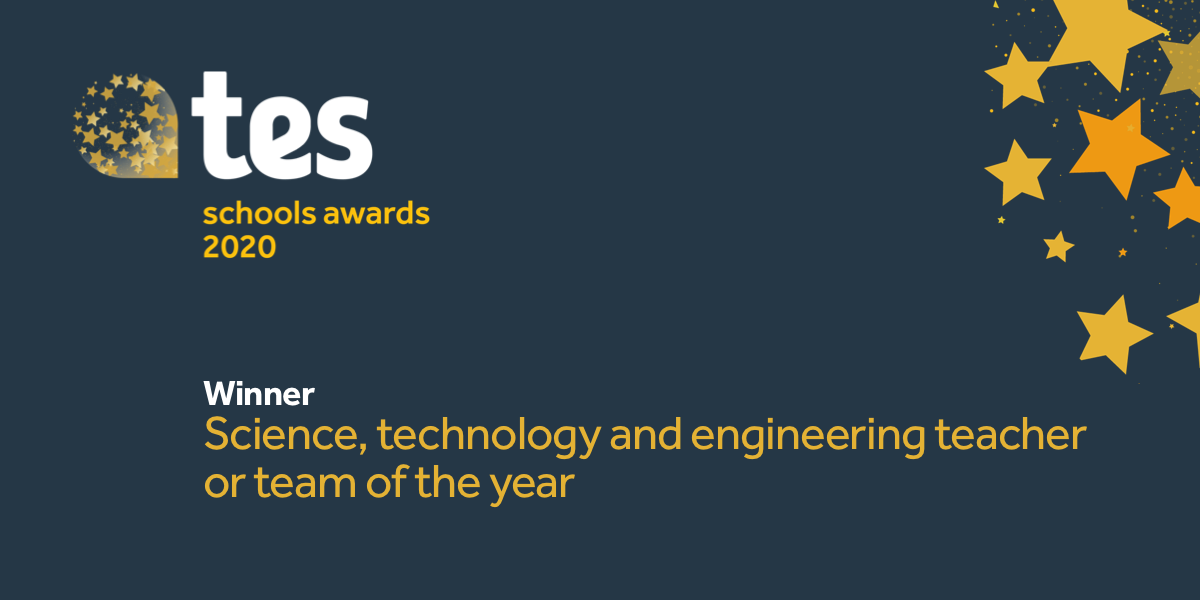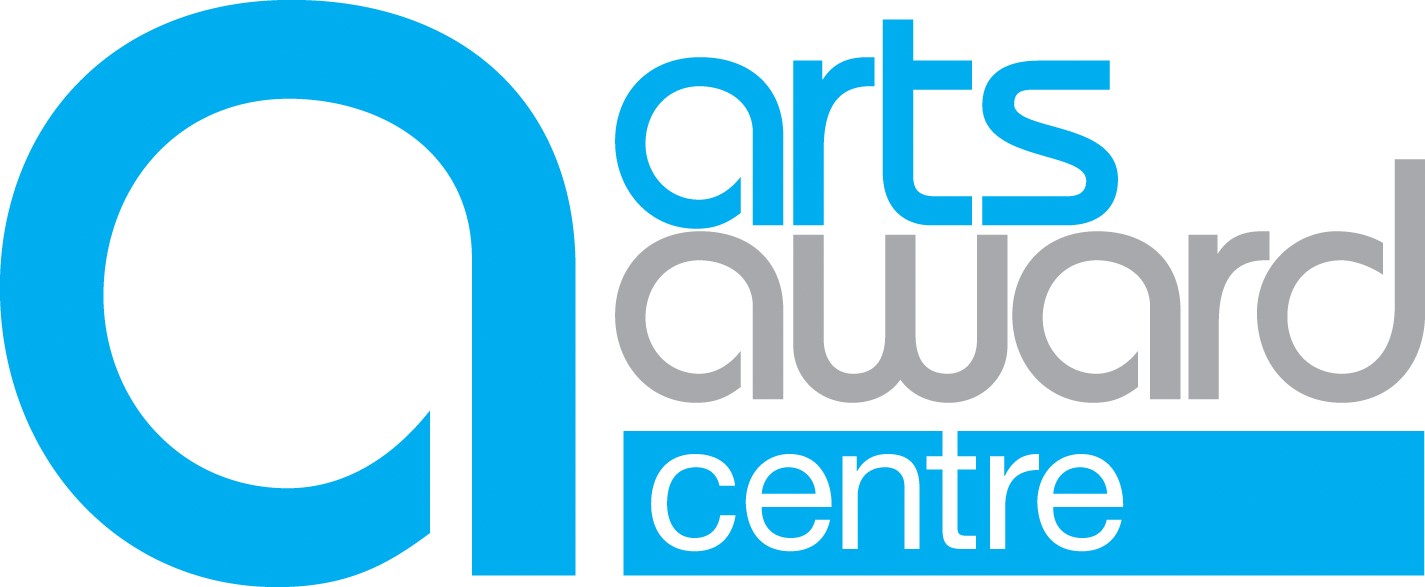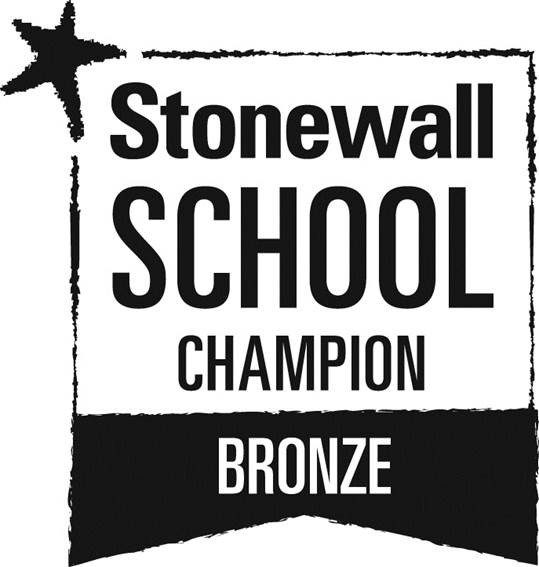Lead Teacher - Miss Evans
Email - mev@ifieldcc.co.uk
Qualification - GCSE
Level - Grades 9 - 1
Lessons per fortnight - 5
Both medieval and modern history is studied for GCSE History.
Medicine Through Time, 1250-Present and the British Sector of the Western Front, 1914-19; injury, treatments and the trenches
This topic investigates diseases, injuries and treatments from the Middle Ages to the modern day. Students look at how these topics changed and stayed the same throughout the different time periods and the reasons for this, including the government, individuals, religion and technology. Some areas of history covered include the Black Death and the Great Plague, fighting cholera in London, and the development of penicillin. Alongside this, students undertake an in-depth study into injuries, treatments and the trenches of World War One. This section of the exam focuses on sources, allowing students to study letters, documents, and photographs, from the Western Front.
Early Elizabethan England
This is a British depth study which gives students the opportunity to study the Elizabethan era in more detail. We look at religion, society, education, navigation and exploration, as well as key events like uprisings and the Spanish Armada.
Superpower relations and the Cold War, 1941-91
This topic looks at the relationship between the USA and the USSR during the time of the Cold War. Students evaluate the increasing and decreasing tension, as well as studying the causes and consequences of key events. These events include the Yalta and Potsdam conferences, the Arms Race, the building of the Berlin Wall, and the Cuban Missile Crisis.
USA, 1954-75: conflict at home and abroad
Students study this topic in two sections, with the 'at home' section looking at the Civil Rights Movement in America, and the 'abroad' section looking at the war in Vietnam. When studying the American Civil Rights Movement students investigate the amount of progress that is made in the movement over this time period and the different events that contribute to this, such as Martin Luther King Jnr and the Montgomery Bus Boycott. The Vietnam War gives students the opportunity to study the increasing involvement of America in Vietnam and how and why this changes with Eisenhower, Kennedy, Johnson and Nixon.
100% exams
Three exams on the four topics at the end of year 11.
By studying History at GCSE you will be picking up a range of skills that will be useful for virtually any job. You will learn:
- how people think and what motivates them;
- to gather information of all different kinds and check if it is biased or unreliable;
- to analyse and evaluate people and events;
- how to communicate clearly and learn to express yourself bother verbally and on paper.
Typical careers that you can into with History degree are Law, Journalism, the Media, Teaching, Politics, the Armed Forces, Social Work, the financial sector and working in museums.
History complements Geography, English Language and English Literature, and Religious Studies.
There are no further requirements.






